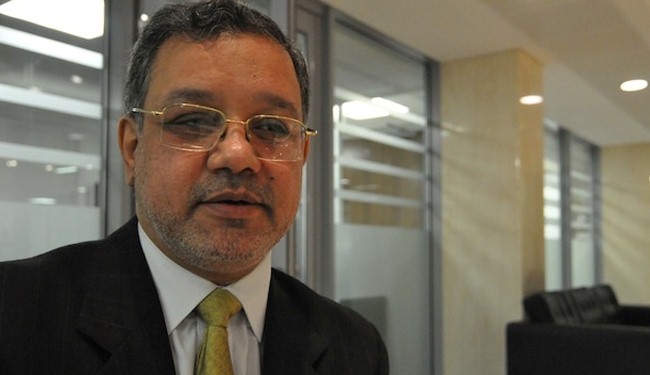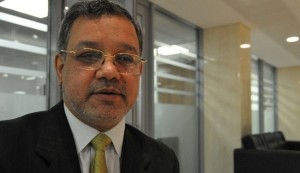Tiny state, big mission; ‘Qatar behind Bahrain bombing’

A former Bahraini lawmaker says the Al Khalifa regime is trying to blame the opposition for a recent deadly bombing, despite knowing that Qatar was behind it.
“There have been claims by Bahraini Foreign Minister [Khalid bin Ahmed Al Khalifa] that the Qataris have been interfering in Bahrain and they have some hands in the so-called bombing,” former Bahraini MP Jalal Fairooz said in an interview with Press TV on Wednesday
“However, the Bahraini regime wants to put the blame on the opposition figures,” Fairooz added.
Three policemen were killed by the explosion, which took place while they were trying to put an end to an anti-government protest on the outskirts of the capital Manama on Monday.
“Over three years, there has not been any violence from the peaceful demonstrators. Actually, the only violence was form the government itself,” Fairooz stated.
Earlier in the day, the Bahraini government arrested 25 people on suspicion of being involved in the bombing.
Since mid-February 2011, thousands of pro-democracy protesters have held numerous demonstrations in the streets of Bahrain, calling for the Al Khalifa royal family to relinquish power.
On March 14, 2011, troops from Saudi Arabia and the United Arab Emirates invaded the country to assist the Bahraini government in its crackdown on peaceful protesters.
Bahraini police have killed at least 89 people since the anti-regime uprising erupted in February 2011, according to the Bahrain Center for Human Rights.
Activists estimate that 2,500 – 3,000 protesters, human rights activists, doctors and political opponents are imprisoned in Bahrain for defying the Al Khalifa dictatorship, which has ruled over the Persian Gulf tiny island since 1783.








